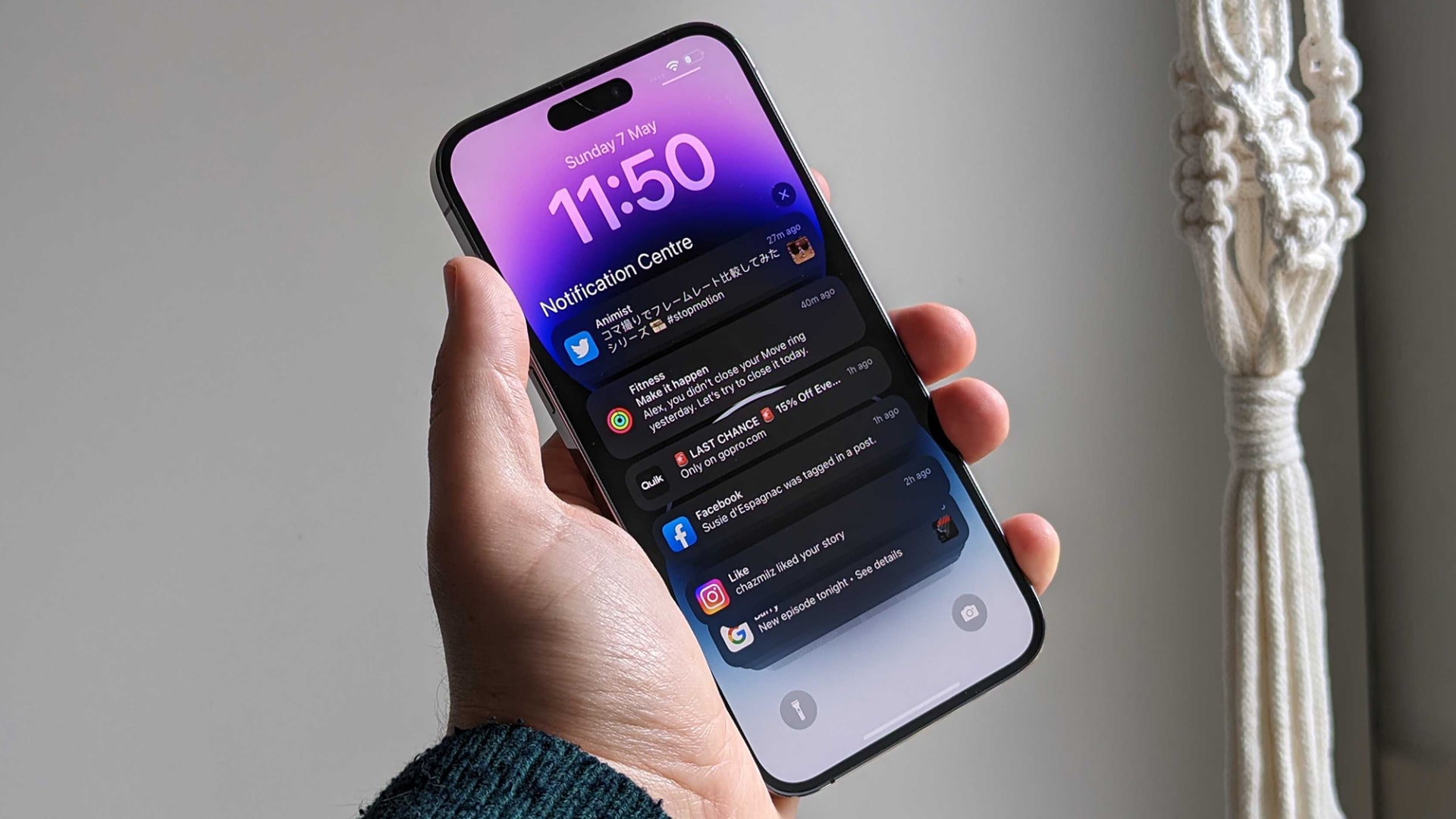A major iPhone spyware attack hits users in 92 countries — find out if you've been affected
Unless you're a government official, you probably haven't been.

iMore offers spot-on advice and guidance from our team of experts, with decades of Apple device experience to lean on. Learn more with iMore!
You are now subscribed
Your newsletter sign-up was successful
On Wednesday 10th April at 12 PM PT, users in 92 countries around the world found a notification on their iPhone from Apple, telling them that they might have been affected by a “mercenary spyware attack.”
According to Forbes, it comes “at a time when several major democracies are preparing to hold critical elections.”
But what was the spyware capable of? And why was it limited to a certain number of countries? As with most things in the world, there's a political storm at the heart of the matter.
What does the notification look like?
TechCrunch managed to get a hold of the warning from Apple: “Apple detected that you are being targeted by a mercenary spyware attack that is trying to remotely compromise the iPhone associated with your Apple ID -xxx-.”
It continued that “this attack is likely targeting you specifically because of who you are or what you do. Although it’s never possible to achieve absolute certainty when detecting such attacks, Apple has high confidence in this warning — please take it seriously.”
Apple goes on to say to those affected that “We are unable to provide more information about what caused us to send you this notification, as that may help mercenary spyware attackers adapt their behavior to evade detection in the future.”
Apple hasn’t said which users have been affected, nor which 92 countries have been affected by the attacks. This isn’t the first warning that Apple has pumped out to user’s iPhones, either. Late last year, Apple notified aid workers in India that they might have been hacked. Apple itself even says that it’s notified users of its best iPhones in 150 countries since 2021 with the same warning system.
iMore offers spot-on advice and guidance from our team of experts, with decades of Apple device experience to lean on. Learn more with iMore!
These alerts used to call the attacks “State-sponsored”, but the language has now changed to “mercenary attacks.” The attackers haven’t been named in this instance, but by the sounds of things, they are attacking countries preparing to vote in important political elections.
Unfortunately, users affected are not given any kind of information about what they should do with the notification beyond "urging them to enlist help from cybersecurity experts.”
More from iMore

As iMore's Senior Staff writer, Tammy uses her background in audio and Masters in screenwriting to pen engaging product reviews and informative buying guides. The resident audiophile (or audio weirdo), she's got an eye for detail and a love of top-quality sound. Apple is her bread and butter, with attention on HomeKit and Apple iPhone and Mac hardware. You won't find her far away from a keyboard even outside of working at iMore – in her spare time, she spends her free time writing feature-length and TV screenplays. Also known to enjoy driving digital cars around virtual circuits, to varying degrees of success. Just don't ask her about AirPods Max - you probably won't like her answer.
